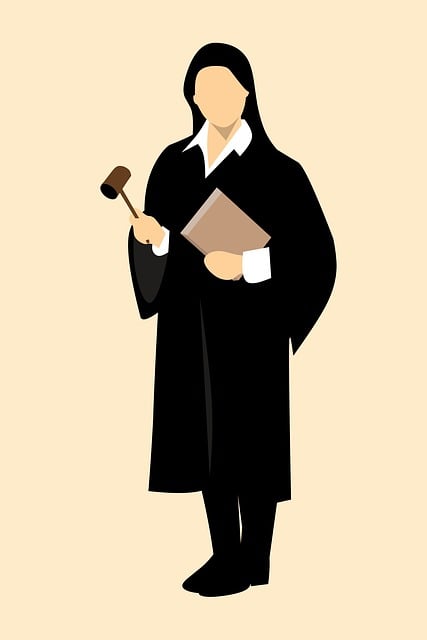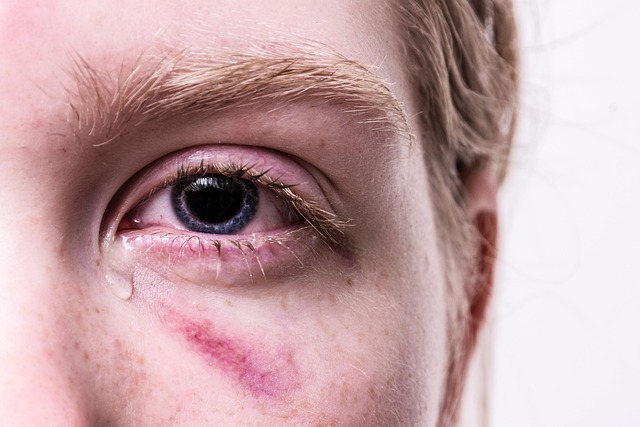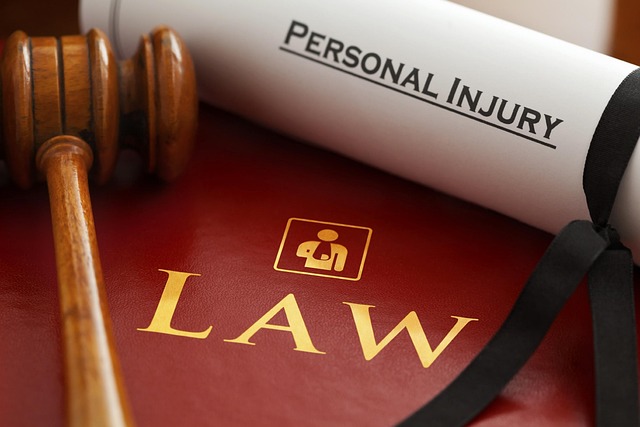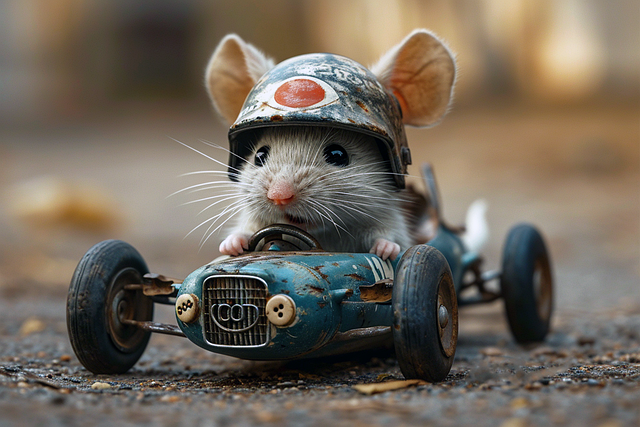Product liability compensation claims involve legal actions against manufacturers, distributors, or retailers for selling defective products causing harm. Consumers can seek damages including medical expenses, pain and suffering, and lost wages. These claims often require understanding fiduciary duty breaches and insurance coverage disputes, emphasizing the importance of a qualified personal injury attorney. Insurance acts as a shield, covering legal expenses and settlements, with policies typically including defense costs, medical expenses, pain and suffering, lost wages, and sometimes punitive damages. Adequate product liability insurance safeguards businesses from financial repercussions, but policy limits and exclusions can affect client recovery.
In today’s market, understanding product liability compensation claims is paramount for both businesses and consumers. When a defective product causes harm, individuals affected have legal recourse through product liability insurance. This article delves into the intricacies of these claims, focusing on what insurance covers. We’ll explore key aspects, including the scope of coverage, common policy exclusions, and essential elements within product liability insurance policies. By understanding these dynamics, you’ll be better equipped to navigate potential risks and seek appropriate compensation.
- Understanding Product Liability Compensation Claims
- What Insurance Covers in Product Liability Cases
- Key Elements of Product Liability Insurance Policies
Understanding Product Liability Compensation Claims

Product liability compensation claims arise when consumers are harmed by defective products. These claims hold manufacturers, distributors, and retailers accountable for selling goods that pose an unreasonable risk of injury or illness to users. When a product liability incident occurs, individuals who suffer personal injuries can seek compensation through legal channels, including financial damages for medical expenses, pain and suffering, lost wages, and more.
Understanding the intricacies of these claims is crucial, especially when navigating complex issues like fiduciary duty breaches or insurance coverage disputes. A qualified personal injury attorney can guide affected parties through this process, ensuring they receive the maximum compensation available under the law based on the specific circumstances and applicable insurance policies.
What Insurance Covers in Product Liability Cases

In product liability compensation claims, insurance plays a pivotal role in ensuring that victims of defective products are adequately compensated for their injuries or losses. When a product fails to meet the expected safety standards and causes harm, various types of insurance come into play. Generally, product liability insurance covers legal expenses and settlements related to product-related accidents, including but not limited to, personal injury and property damage claims. This insurance is designed to protect manufacturers, distributors, and retailers from financial burdens resulting from lawsuits filed by affected consumers.
Specific policies can vary, but common coverage areas include defense costs, medical expenses incurred due to auto accident injuries or other product-related incidents, as well as damages awarded to compensate for pain and suffering, lost wages, and in some cases, punitive damages levied against companies found negligent or guilty of a breach of contract. Ensuring that these policies are adequate and aligned with the potential risks associated with their products is crucial for businesses to maintain consumer trust and confidence in their brand.
Key Elements of Product Liability Insurance Policies

Product liability insurance policies are designed to protect businesses against financial losses arising from defective products that cause harm or injury. Key elements of these policies include coverage for legal fees, medical expenses, and compensation for pain and suffering incurred by injured parties. They typically extend protection for a wide range of product-related incidents, from manufacturing defects to inadequate warnings or instructions.
These insurance policies often include specific limits and exclusions, so it’s crucial for businesses to understand the terms. Common exclusions may exclude coverage for products that have been modified after manufacture, or those used in a manner not intended by the manufacturer. Understanding these details is essential when considering a truck accident lawyer or handling homeowner insurance claims, as it directly impacts the potential client recovery.
In navigating product liability compensation claims, understanding what insurance covers is paramount. This article has elucidated the key elements of product liability insurance policies and the scope of coverage in such cases. By comprehending these aspects, individuals can better protect themselves and their businesses from potential liabilities arising from defective products. Insurance plays a vital role in mitigating risks and ensuring that victims receive fair compensation for their losses, making it an indispensable component of product liability management.






